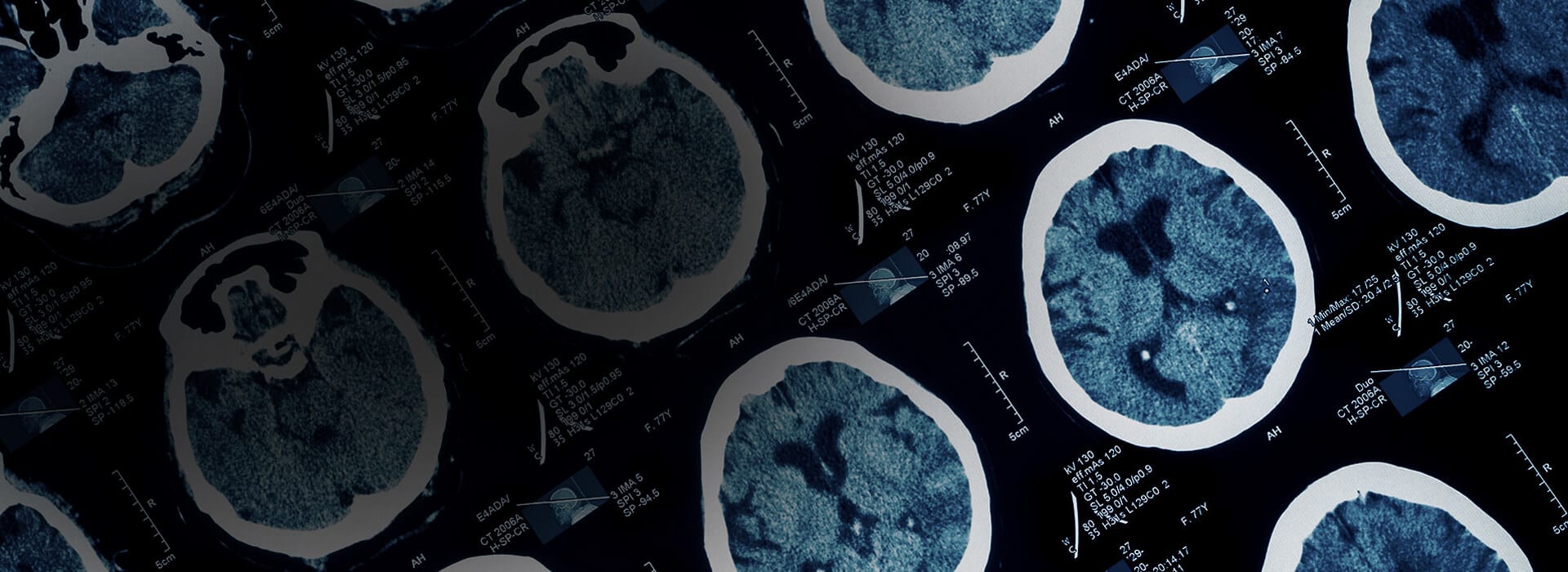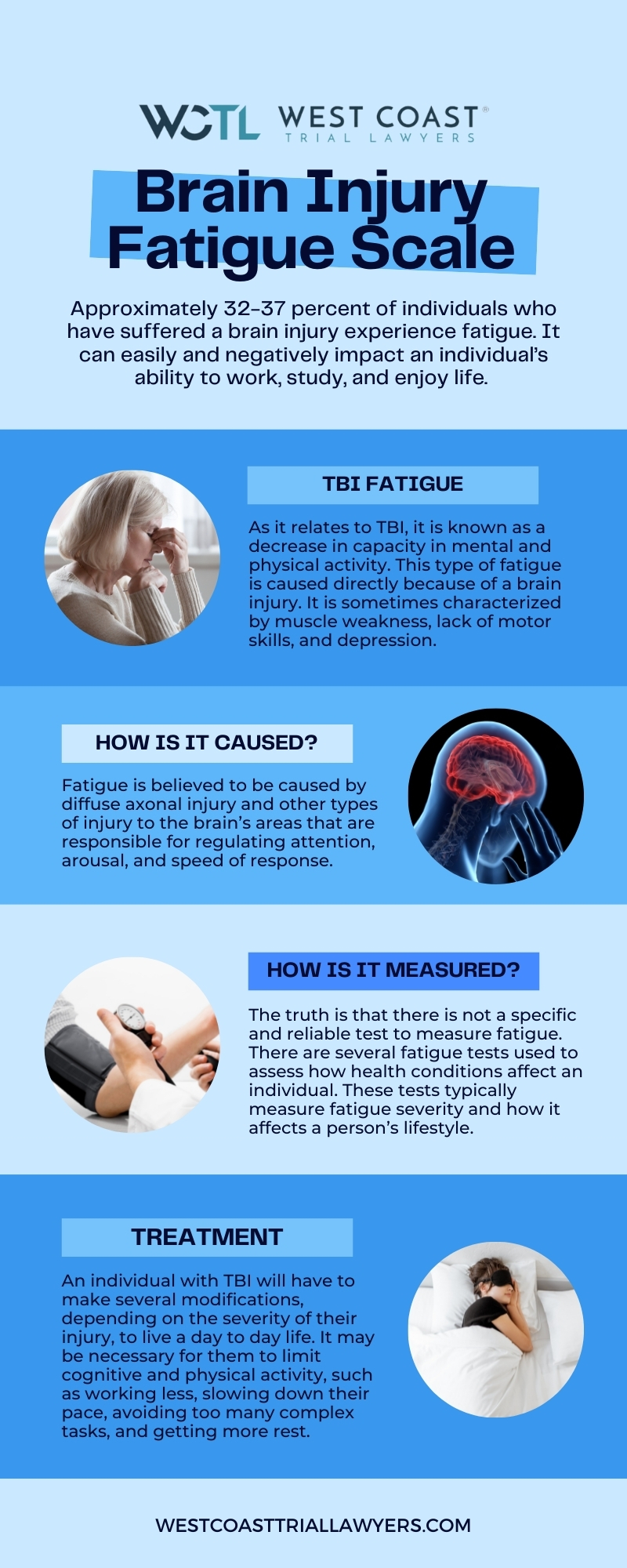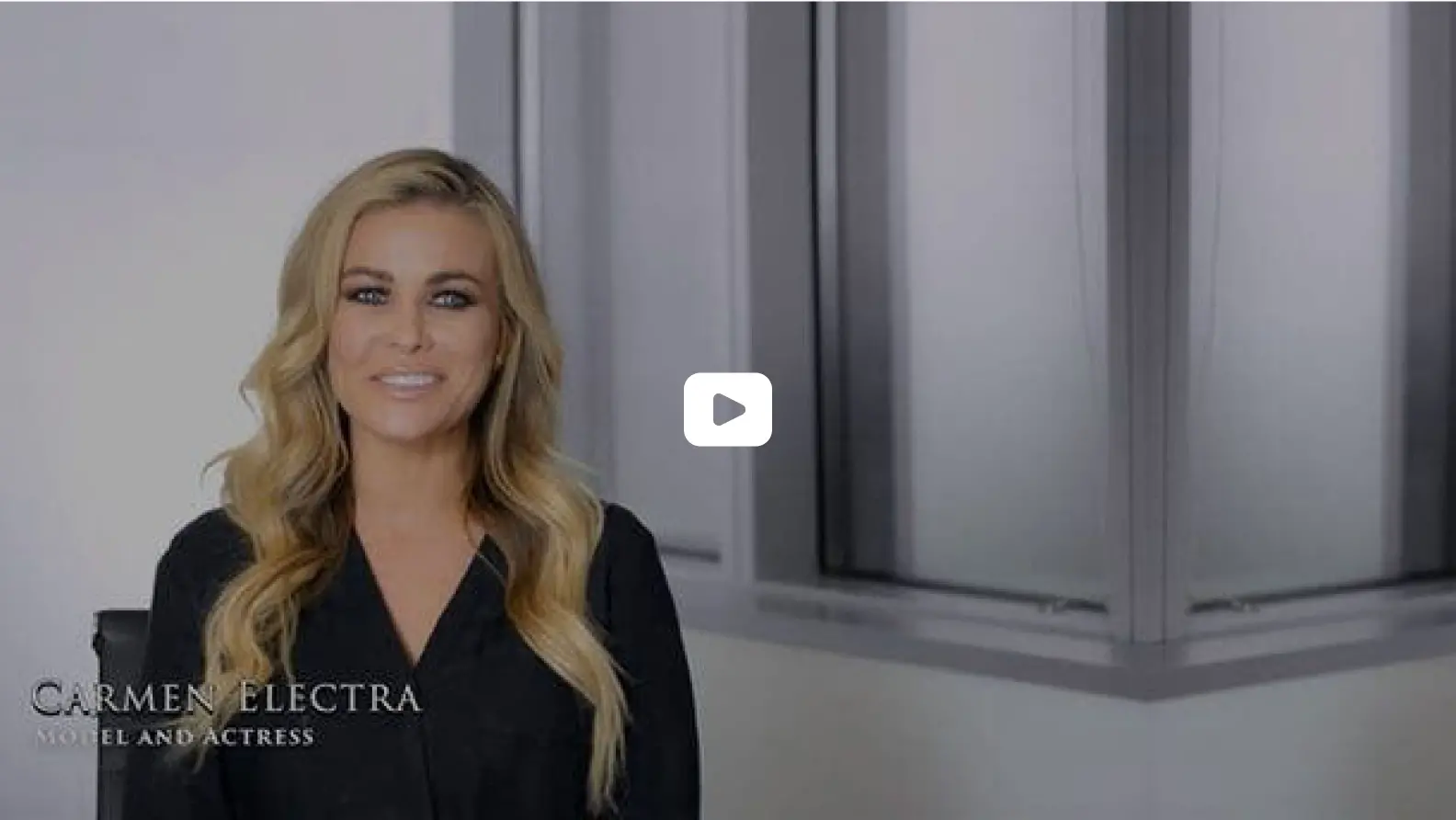
Brain Injury Lawsuit and Fatigue Scale
TBI Fatigue: How It Can Be Caused and Measured

Approximately 32 to 37 percent of individuals who have suffered a brain injury experience fatigue. When it comes to mild injuries, fatigue will only persist temporarily. However, for those who experienced moderate to severe injuries, fatigue may continue for years. It can easily and negatively impact an individual’s ability to work, study, and enjoy life. The connection between TBI and fatigue is not yet understood, but its effects can be measured and do have real consequences.
Below, we will discuss TBI-related fatigue, as well as the way that fatigue can be measured. If you have suffered a traumatic brain injury (TBI), our qualified brain injury attorneys at West Coast Trial Lawyers are readily available to offer legal assistance. We will help strengthen your claim and negotiate with insurance companies to ensure you are given a fair settlement offer.
To schedule a free consultation, please contact our 24/7 legal team by calling 213-927-3700 or filling out our quick contact form.
What Is TBI Fatigue?

Fatigue is difficult to measure. As it relates to TBI, it is known as a decrease in capacity in mental and physical activity. This type of fatigue is caused directly because of a brain injury. It is sometimes characterized by muscle weakness, lack of motor skills, and depression. TBI patients often report a lack of motivation, boredom, anxiety, and weariness.
What Causes Fatigue?
Fatigue is believed to be caused by diffuse axonal injury and other types of injury to the brain’s areas that are responsible for regulating attention, arousal, and speed of response. Because an individual with TBI is impaired in these areas, it is thought that such tasks are more mentally demanding, thus resulting in a chronic state of fatigue. There is also a correlation between fatigue and severity of attention problems, and there is an association between an increase in blood pressure and the added effort, which only causes more fatigue and emotional stress.
There does not seem to be a connection between fatigue and the severity of a brain injury. However, those with the most severe TBI tend to work less, which can have a negative effect on their emotional life.
There is also a belief that neuroendocrine abnormalities are evident in many people with TBI, which can explain the presence of marked fatigue and daytime sleepiness.
How Is Fatigue Measured?
The truth is that there is not a specific and reliable test to measure fatigue. There are several fatigue tests used to assess how health conditions affect an individual. These tests typically measure fatigue severity and how it affects a person’s lifestyle. Data is all self-reported and is necessarily subjective.
The Visual Analogue Scale for Fatigue has been used for people with TBI and measures fatigue and energy levels. The Fatigue Severity Scale assesses the effects of fatigue and how it impacts daily functioning. The Barrow Neurological Institute Fatigue Scale relates to daily energy levels and alertness.
How Do You Treat Fatigue?
An individual with TBI will have to make several modifications, depending on the severity of their injury, to live a day to day life. It may be necessary for them to limit cognitive and physical activity, such as working less, slowing down their pace, avoiding too many complex tasks, and getting more rest.
An individual with TBI will likely benefit from psychological help and will need to learn coping strategies to deal with their limitations. Physical conditioning programs can help with certain symptoms, but will not improve energy levels.
Some people use Modafinil, which is an awakeness-promoting drug used to treat excessive sleepiness. Bright Light Therapy is another option for fatigue and daytime sleepiness. A recent pilot trial discovered that there was a reduction in self-reported fatigue and sleepiness with daily exposure to short wavelength light.
West Coast Trial Lawyers Is Here To Help
If you or a loved one were the victim of brain injury due to negligent acts committed by another individual, our skilled brain injury attorneys at West Coast Trial Lawyers will help you recover compensation for the losses you have suffered, including medical bills, lost wages, pain and suffering, and more.
We offer a free, no-obligation consultation at our firm. No fees are paid until your case has been settled. Reach out to our 24/7 legal team by calling 213-927-3700 or filling out our quick contact form.



